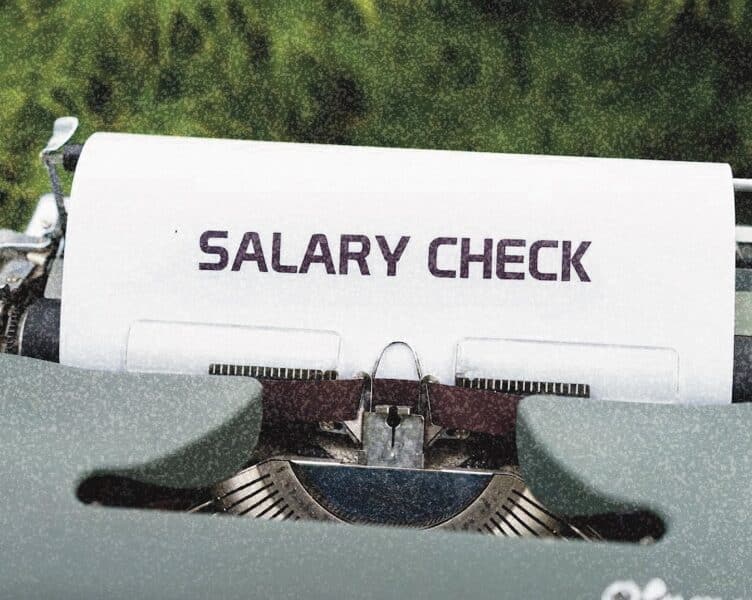IT’S time for Filipinos to fully unleash their creativity!
There is no dearth of Filipino talent in creative industries. From film to music to fashion, name it and a Filipino has excelled in it.
The recent international acclaim for actress Dolly de Leon underscores the world-class quality of Filipino artists.
But despite the richness of Filipinos’ abilities, the creative industries in the Philippines have yet to reach their full economic potential.
Lawmakers have seen the need for government support for the endeavors in these fields, where there is still much room for growth. They said having a central government agency looking after the creative industries will fully utilize the country’s vast talent pool and turn the Philippines into a major creative industry hub.
Council for creatives
This is why they passed the Philippine Creative Industries Development Act or Republic Act 11904, which lapsed into law last July.
Pangasinan Rep. Christopher de Venecia, the main proponent of the measure, said its implementation will provide Filipinos with more opportunities to showcase their talents on the global stage.
The new law establishes the Philippine Creative Industries Development Council, which will support the country’s talented artists and workers.
It will implement programs to create opportunities and employment, nurture human resources, and provide financial assistance and incentives to encourage Filipino excellence in creative industries.
The council will have 19 members. These consist of 10 ex-officio members from government agencies led by the Trade and Industry Secretary as chairperson, and nine regular members from the private sector who will represent the following domains:
- Audiovisual media
- Digital interactive media
- Creative services
- Design
- Publishing and printed media
- Performing arts
- Visual arts
- Traditional cultural expressions
- Cultural sites
The President will appoint the regular members, who must have at least 10 years of experience in the development of their respective industries.
So far, Malacañang has yet to announce any appointments to the council.
What will the council do?
The council will formulate and implement a comprehensive development plan for the growth and promotion of the Philippine creative industries, defining their goals, strategies, and metrics to determine if they are performing well.
It will also review policies affecting the industries and formulate programs that will support them.
The council will lay down the guidelines and criteria to identify the persons and stakeholders in the creative industries who will receive aid from the government in times of national emergencies. It will also issue guidelines for the accreditation of creative worker’ associations and business support organizations.
Funding for programs
The law establishes the Creative Industry Development Fund. It will be used for research and development, trade promotion, human resource development in the creative industry, and for the welfare of artists, workers, and other stakeholders.
The fund will be sourced from loans, contributions, grants, bequests, gifts, and donations.
The program of expenditures for the activities that the fund will support should be itemized on a project to project basis and submitted to Congress annually.
Congress will include the amounts necessary to implement this law in the annual budget, or the General Appropriations Act.
Promotion and Protection
Another duty of the Philippine Creative Industries Development Council is to ensure the promotion, marketing and consumption of the outputs of the creative industries in the local and international markets.
It is also tasked to support local and international creative festivals, exhibitions, trade shows, and similar activities for the dissemination and promotion of “Filipino creativity as a tool for sociocultural and economic development.”
The creative industries will be integrated into the national tourism development plan.
The council will also help to protect the intellectual property rights of stakeholders in the creative industry, as well as the indigenous traditional cultural properties being utilized for commercial purposes.
Creative people likewise need to learn business skills. The council will train them on business development, financial literacy, ethics, digital skills, taxation, contracts, negotiations, and entrepreneurship, in partnership with the private sectors.
Nurturing artists
The law requires the establishment of a Creative Educational Plan.
The Department of Education and the Commission on Higher Education will develop programs related to creative industries and provide scholarships to deserving students enrolled in programs and courses related to creative industries.
The Technical Education and Skills Development Authority will also provide scholarships in courses related to creative industries, and continuous talent and skills training.
Support for the creative industries
The council will create subsidized rental schemes for studios and venues and provide co-working spaces and other facilities that creative industry stakeholders may use to create and promote their goods and services.
Those in the creative industries may access infrastructure support programs and shared service facilities from the Department of Trade and Industry. Shared service facilities refer to machinery, equipment, tools, systems, accessories, skills, and knowledge.
The industries may also enjoy research and development support from the Department of Science snd Technology. They could get funding for research projects that will address their needs.
Stakeholders will be able to access digital services and digital training platforms. Those who create digital content distribution platforms will also receive technical and financial assistance.
There will also be a Creative Voucher System for the more organized granting of support, aid, and other incentives to creative industry entities. Micro, small, and medium enterprises will be the priority, as well as specific activities.
Local government action
There will be a Philippine Creative Cities Network that will be an avenue for support and collaboration among the cities that want to explore their creative resources.
Local governments are also required to establish their Local Culture and Art Council.
Celebrating the arts
The law designates every September of the year as “Philippine Creative Industries Month.”
It will be dedicated to promoting the goods, products, and services of Philippine creative industries and raise awareness of their role in nation building and socio-economic advancement.
This way, Filipinos will get a reminder that they should not hesitate to exercise their creative prowess.
How useful was this post?
Click on a star to rate it!
Average rating 0 / 5. Vote count: 0
No votes so far! Be the first to rate this post.
We are sorry that this post was not useful for you!
Let us improve this post!
Tell us how we can improve this post?








